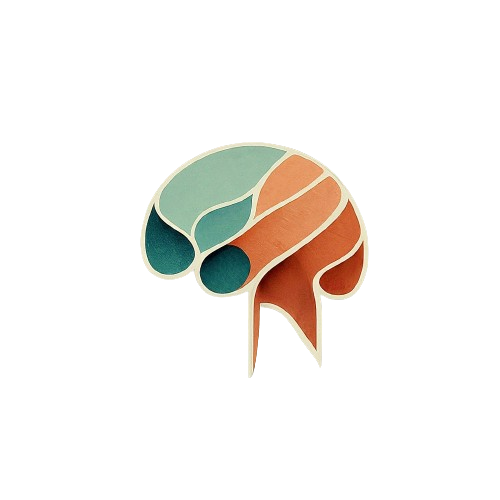Mental Health
OCD
Obsessive-Compulsive Disorder (OCD) is characterized by intrusive thoughts, images, or urges that cause significant distress or anxiety. These obsessions are often accompanied by compulsive behaviors or rituals aimed at reducing the distress or preventing negative outcomes. While OCD can be debilitating, it’s important to remember that you’re not alone. With the right treatment, support, and coping strategies, you can effectively manage your condition and improve your quality of life.
Understand OCD
Types
OCD Subtypes: Different Types of Obsessive-Compulsive Disorder
While the core features of OCD—obsessions and compulsions—are consistent across all cases, the specific ways in which these symptoms manifest can vary widely from person to person. This variation has led researchers...
Symptoms & Diagnosis
OCD Obsessions: Types and Symptoms
Obsessive-Compulsive Disorder (OCD) is a complex mental health condition that affects millions of people worldwide. At its core, OCD is characterized by persistent, intrusive thoughts (obsessions) and repetitive...
Treatment
Exposure Therapy for OCD: Breaking Free from the Cycle of Fear
Obsessive-Compulsive Disorder (OCD) can feel like an inescapable cycle of intrusive thoughts and compulsive behaviors. However, there's hope in the form of exposure therapy, a powerful and evidence-based treatment that...
Living With OCD
OCD in Children: A Guide for Parents and Caregivers
Obsessive-Compulsive Disorder (OCD) is a mental health condition that doesn't discriminate by age. While it's often associated with adults, OCD can affect children as young as 5 years old, and in rare cases, even...
Recommend Help in the Field
Emile Du Toit
Dr. Emile Du Toit is a registered clinical psychologist with over 20 years of experience in the field. He has worked in various settings, including private inpatient adolescent and adult addiction units. He also specializes in treating obsessive-compulsive disorder (OCD) and other mental health conditions. He has held leadership positions, such as clinical director of an inpatient addiction unit.
Dr Kerryn Armstrong
Dr. Kerryn Armstrong is a psychiatrist specializing in treating anxiety, OCD, trauma, depression, bipolar disorder, eating disorders, and personality disorders. She uses a combination of cognitive-behavioral therapy, acceptance and commitment therapy, brainworking recursive therapy, mindfulness-based stress reduction therapy, psychoneuro-immunology neuromodulation, and medication to help patients recover.
OCD FAQ's
What is OCD?
Obsessive-Compulsive Disorder (OCD) is a mental health condition characterized by intrusive thoughts, images, or urges that cause significant distress or anxiety. These obsessions are often accompanied by compulsive behaviors or rituals aimed at reducing the distress or preventing negative outcomes.
What are the symptoms of OCD?
The symptoms of OCD can vary widely from person to person, but common symptoms include:
Obsessions: These are intrusive thoughts, images, or urges that cause significant distress or anxiety. They may be related to contamination, harm, doubt, or symmetry.
Compulsions: These are repetitive behaviors or mental acts that individuals feel compelled to perform to reduce anxiety or prevent negative outcomes. Examples include washing, checking, counting, or arranging objects.
What causes OCD?
The exact causes of OCD are not fully understood, but it is believed to be a complex interplay of biological, psychological, and environmental factors.
Is OCD treatable?
Yes, OCD is treatable. The most effective treatment for OCD is a combination of medication and therapy. Cognitive-behavioral therapy (CBT) is particularly effective for OCD, as it helps individuals identify and challenge their obsessive thoughts and compulsive behaviors.





